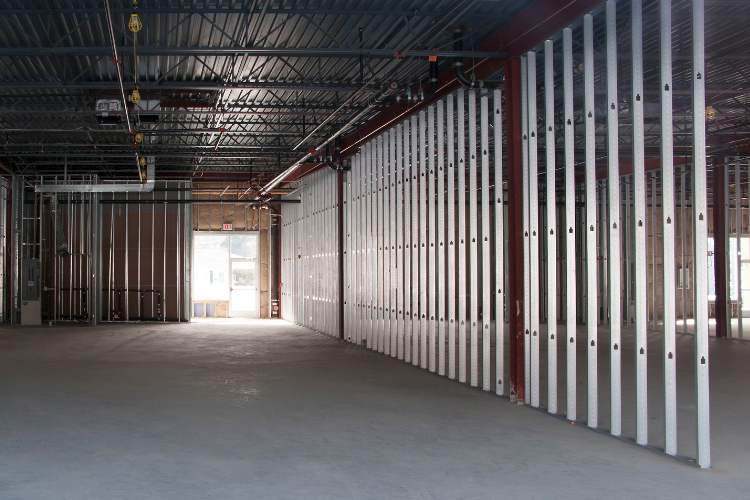Here at Billd, we’ve worked with thousands of construction subcontractors. And, most of us were contractors ourselves, so we know the business. There are differences we’ve seen between contractors that are growing their business steadily, and others that are struggling to keep their head above the sand. That’s why heading into next year, we wanted to provide you with 5 New Year’s Resolutions you can take with you to grow your business to the next level. Ready to go?
Earn your relationships the right away
Have you heard of the 80-20 rule? It says that in general, 80% of your revenue comes from 20% of your customers. So, heading into next year, make it your mission to build an even stronger relationship with your top general contractors, the right way.
How do you do that? Focus your energy on the areas that build trust and reliability and cut out the areas that don’t. For example, even though GCs may enjoy a free lunch every now and then, what they really want is for you to perform on the jobsite. If something goes wrong on a project, a GC wants you to step up and help get them out of the jam.
Be someone they can rely on, day-in and day-out, stick to the schedule, communicate any issues with the Superintendent, and work safely. When you do that, you’ll earn their respect, and be first in line when it’s time to get awarded the next project.
Take supplier relationships as serious as GC relationships
How often does a GC ask you to come down on your price so that it fits within the overall project budget? What do you do when that happens? Well if you had the same relationship with your supplier as you did with your GC, you may be able to work with the supplier to get a better price on materials for that project.
Be honest and truthful with your suppliers. Pay their rates when you can. But in situations that call for lower prices in order to accept a project, ask if they’ll work with you on lower prices so everyone gets the business. You don’t want to have to switch suppliers, and they don’t want that either.
Understand sales tax and exemptions
You could be wasting a lot of money paying sales taxes on materials that have tax exempt status for particular projects. For example, in many states, if you perform work for a tax-exempt organization, you may not need to pay taxes on your materials such as universities and public schools. You will need to check with the GC for a tax exempt certificate, but this is something you need to own, don’t just assume your supplier is properly researching for each order.
Understanding the state and local laws, plus the type of organization you’re working with can make a big difference in whether sales tax exemptions come into play. Before you pay your supplier invoice, double check sales tax.
Safety is no accident
Safety should always be a priority, but many times it gets forgotten. There’s a lot that subcontractors can do to improve the safety for themselves and their employees.
First, create a checklist of safety rules heading into a project. Although each project may be different, the safety concerns related to upkeep of the work site should be consistent. Set up monthly trainings with your crew so safety remains top of mind. Many suppliers and manufacturers offer this type of training for free for their customers, make sure to ask.
Not only will putting consistent safety processes in place keep your crews safe, but it’ll make your business look disciplined and responsible on the jobsite.
Transact with modern technology
Do you still run to the bank to deposit checks? There’s 45 minutes down the drain when you could be bidding on more projects.
Digital payments have been around for quite a while. Time to set up your autopay as well as ACH and any other electronic payment systems you want to use. Customer issues checks? Get a check scanner from your bank (they are normally free) or scan through your mobile device. You’ll save time and we all know that time is money.
How about your suppliers and GCs? Are they accepting and sending ACH or electronic payments? If not, ask and save yourself a ton of time and hassle. Make it a mission to also get your partners up to speed next year with electronic payments.
About Billd:
Billd offers 120-day payment terms on material purchases with any supplier. We know the struggles of having to pay for materials for a new project before getting paid from your last one. And that’s why Billd exists, to give contractors more flexibility in their business and a partner that will help them grow.
To enroll in our program and start paying on 120-day terms, go here.
You can also schedule a call with a member of our team who can answer any questions you have and walk you through the enrollment process. Schedule a call here.










